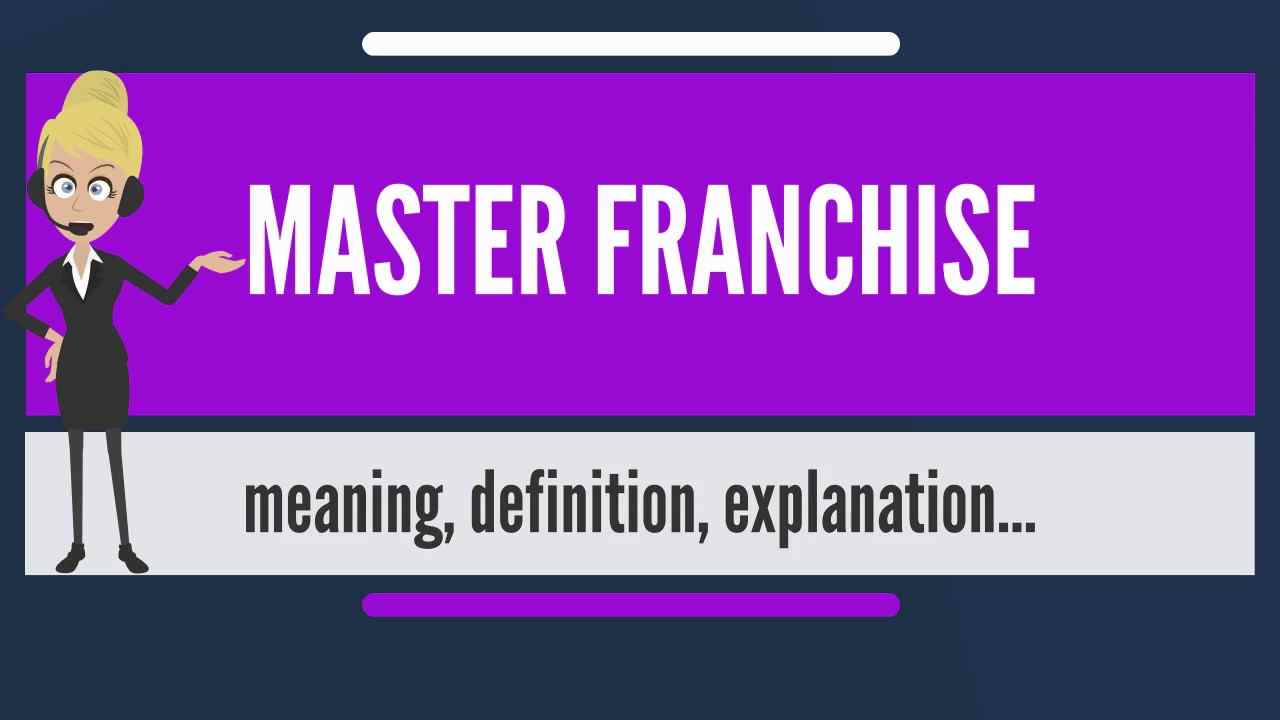When it comes in your mind to start a business in the stockbroking domain, you will definitely analyze some important things related to this business. Sub-broker and Franchise both are two different terms, but most of the people get confused when it comes to choosing anyone. And this is one of those crucial things you would like to be aware of before you choose the model for your business.
Although, there is not much of a crucial difference between the two models both are very close to each other in terms of revenue sharing ratio, initial deposit/security money, eligibility criteria etc.
But, the confusion is that why these two models are used?
Is there any difference between a sub-broker and the Franchise?
Who is a sub-broker and who is a franchise?
Are you planning to become a sub-broker of a stockbroking company or a stockbroking franchise? So, to clear all these things, we are going to discuss different points of difference between the sub-broker and Franchise.
Sub-broker and Franchise: Fundamental Differences
Here are a few fundamental differences between a sub broker and franchise business model:
| Consideration Area | Sub Broker | Franchise |
| Meaning | A sub-broker is one who gets the license from the stockbroker to carry out the broking business under the name of the broker. | A franchise is a joint venture between the stockbroker and the one who want to buy the right to sell the goods and services of the stockbroker. |
| Brand name | Work with their individual name. | Works under the stockbroker’s brand |
| Registration | A sub-broker were required to be registered with SEBI. Now, needs to migrate to ‘Authorized person’. | Need to register as AP with any stockbroker. |
| Training | In most of the cases, no training is required to a sub-broker to understand the financial market. | A franchise provides training to the sub-brokers to work in the financial market. |
| Revenue sharing ratio | Gets the higher percentage of the revenue sharing ratio. | Revenue sharing ratio depends on various factors. |
| Experience | A sub-broker is an independent entity so they can start the business with less or without experience. | Own sets of requirements to appoint a sub-broker. |
| Support | As an independent entity, you are supposed to manage marketing and advertising on your own. | A lot of support is provided by the stockbroker to grow. |
| Risk involved | High risk involves | Low risk involves |
Sub-broker and Franchise: Meaning
A sub-broker is an intermediary between the main broker and the investors. They are not a registered trading member of a Stock exchange but they work as an agent of a trading member.
A Franchise, on the other hand, is a joint venture between a sub-broker and the main broker. They can appoint sub-brokers to sell the products and services of the main broker.
Sub-broker and Franchise: Registration
Earlier, a sub-broker was required to get registration from the SEBI. But, according to the new guidelines of SEBI, a sub-broker needs to migrate to an ‘Authorized Person’ and required to get registration from a Stock Exchange. No new registrations as a sub-broker are getting accepted by SEBI.
At the same time, a franchise is required to get the registration with the stockbroker as an ‘Authorized Person’.
Sub-broker and Franchise: Brand
Another big difference between the Sub broker and Franchise models is the brand aspect. Having a reputable brand at your back helps a lot in client acquisition. But when it comes to these 2 models, there is a slight difference in the way they use the brand aspect to their advantage.
As a sub-broker is an independent entity, they run their business with their individual name.
However, a Franchise runs its business under the name of the main-broker. They appoint sub-brokers who take the right to sell the products and services of the main broker under their brand name.
Sub-broker and Franchise: Training
Sub-broker works independently, they have knowledge of the financial market to start the business in this field. They know how to work to get success in this field. They all need to the know the rules, regulations or conditions of the main broker.
So, in most of the cases, a sub-broker does not need training for starting a sub-brokership business.
A Franchise provides proper training to the sub-brokers appointed under them.
Sub-broker and Franchise: Revenue sharing ratio
If a sub-broker is directly appointed under a stockbroker, they will get a higher percentage of revenue.
On the other hand, If you are a sub-broker under a franchise, your revenue share will depend on various factors like initial investment/Security deposit, proposed revenue generation, your experience, your bargaining power or any other conditions of a franchise.
Sub-broker and Franchise: Experience
The sub-broker runs its business independently. So, it fully depends on them whether they have experience in this field or not. They can start this business with a little or without experience as well.
To work under a franchise, you will have to full-fill their requirements like eligibility, security deposit, revenue ratio etc. They appoint sub-brokers on their own conditions.
This is definitely an important difference between the Sub broker and Franchise models.
Sub-broker and Franchise: Support
A sub-broker depends on its own, they run its business separately from the main broker. So, they are required to manage the growth of their business independently.
While a franchise is provided with a lot of support from the stockbroker as they work under their brand name and sell the products and services of the main broker.
Sub-broker and Franchise: Risk Level
The risk of failure of the business is a very common type of risk. This is obviously involved in sub-brokership, depending on the commitment of the individual involved. This gets a bit higher, as the sub-brokers run their business with relatively limited help and support.
However, a partner under franchise is free of risk as they work under an established brand with full support and training.
If you are looking for a business partnership with a well-renowned stockbroker? Sharekhan is a great option. Read why partner with Sharekhan to know more.
Then, you can read Sharekhan Sub Broker Eligibility for a business partnership with the full-service broker.
Sub-broker Pros:
[su_list icon=”icon: check” icon_color=”#49be4c”]
- An Independent entity
- Gets a higher percentage of revenue.[/su_list]
Sub-broker Cons:
[su_list icon=”icon: remove” icon_color=”#ea171e”]
- Do not get training to run the business in most of the cases.
- High-risk business[/su_list]
Franchise Pros:
[su_list icon=”icon: check” icon_color=”#49be4c”]
- Get proper training from the main broker to run the business.
- Works under an established brand.
- Low risk.[/su_list]
Franchise Cons:
[su_list icon=”icon: remove” icon_color=”#ea171e”]
- Gets a low share of revenue in comparison to the sub-broker.[/su_list]
From the above discussion, we have seen how a sub-broker is different from the franchise business and what are the pros and cons of both the sub-broke and franchise.
In case you are looking to become a sub-broker or a franchise, let us assist you in taking the next steps forward.
Just fill in some basic details to get started:
More on Sub-brokership
If you wish to learn more about sub-brokership, here are a few references for you:



